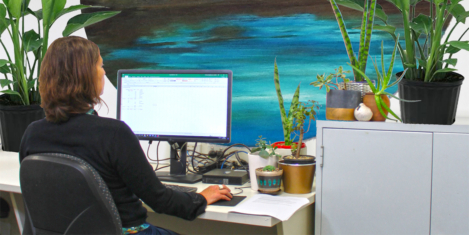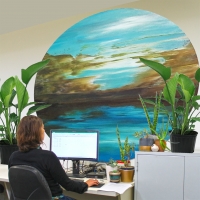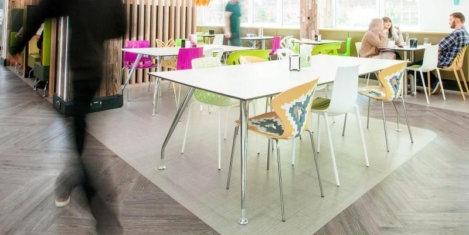To provide the best experiences, we use technologies like cookies to store and/or access device information. Consenting to these technologies will allow us to process data such as browsing behaviour or unique IDs on this site. Not consenting or withdrawing consent, may adversely affect certain features and functions.
The technical storage or access is strictly necessary for the legitimate purpose of enabling the use of a specific service explicitly requested by the subscriber or user, or for the sole purpose of carrying out the transmission of a communication over an electronic communications network.
The technical storage or access is necessary for the legitimate purpose of storing preferences that are not requested by the subscriber or user.
The technical storage or access that is used exclusively for statistical purposes.
The technical storage or access that is used exclusively for anonymous statistical purposes. Without a subpoena, voluntary compliance on the part of your Internet Service Provider, or additional records from a third party, information stored or retrieved for this purpose alone cannot usually be used to identify you.
The technical storage or access is required to create user profiles to send advertising, or to track the user on a website or across several websites for similar marketing purposes.
 FTSE companies that prioritise wellbeing and engagement outperform others by 10 percent according to a study from SOMA Analytics. Similar results are apparent across a range of related studies. With such a significant impact, it’s surprising that businesses are still not measuring the impact of wellbeing activities to optimise their offering. (more…)
FTSE companies that prioritise wellbeing and engagement outperform others by 10 percent according to a study from SOMA Analytics. Similar results are apparent across a range of related studies. With such a significant impact, it’s surprising that businesses are still not measuring the impact of wellbeing activities to optimise their offering. (more…)












 A gap exists between the way leaders and employees view progress toward equality in their organisations, according to new research from
A gap exists between the way leaders and employees view progress toward equality in their organisations, according to new research from 




 According to the latest survey from
According to the latest survey from 




 Despite holding firm in 16th place, the UK is being outpaced by greater improvements in female employment prospects in other OECD countries, according to PWC’s latest
Despite holding firm in 16th place, the UK is being outpaced by greater improvements in female employment prospects in other OECD countries, according to PWC’s latest 







March 25, 2020
Loneliness has always been a workplace issue
by Nigel Oseland • Comment, Wellbeing, Working lives, Workplace design